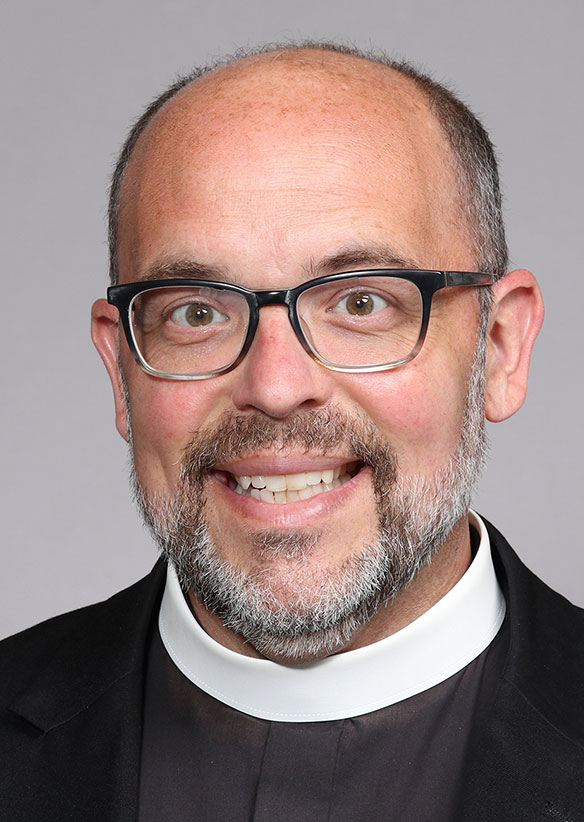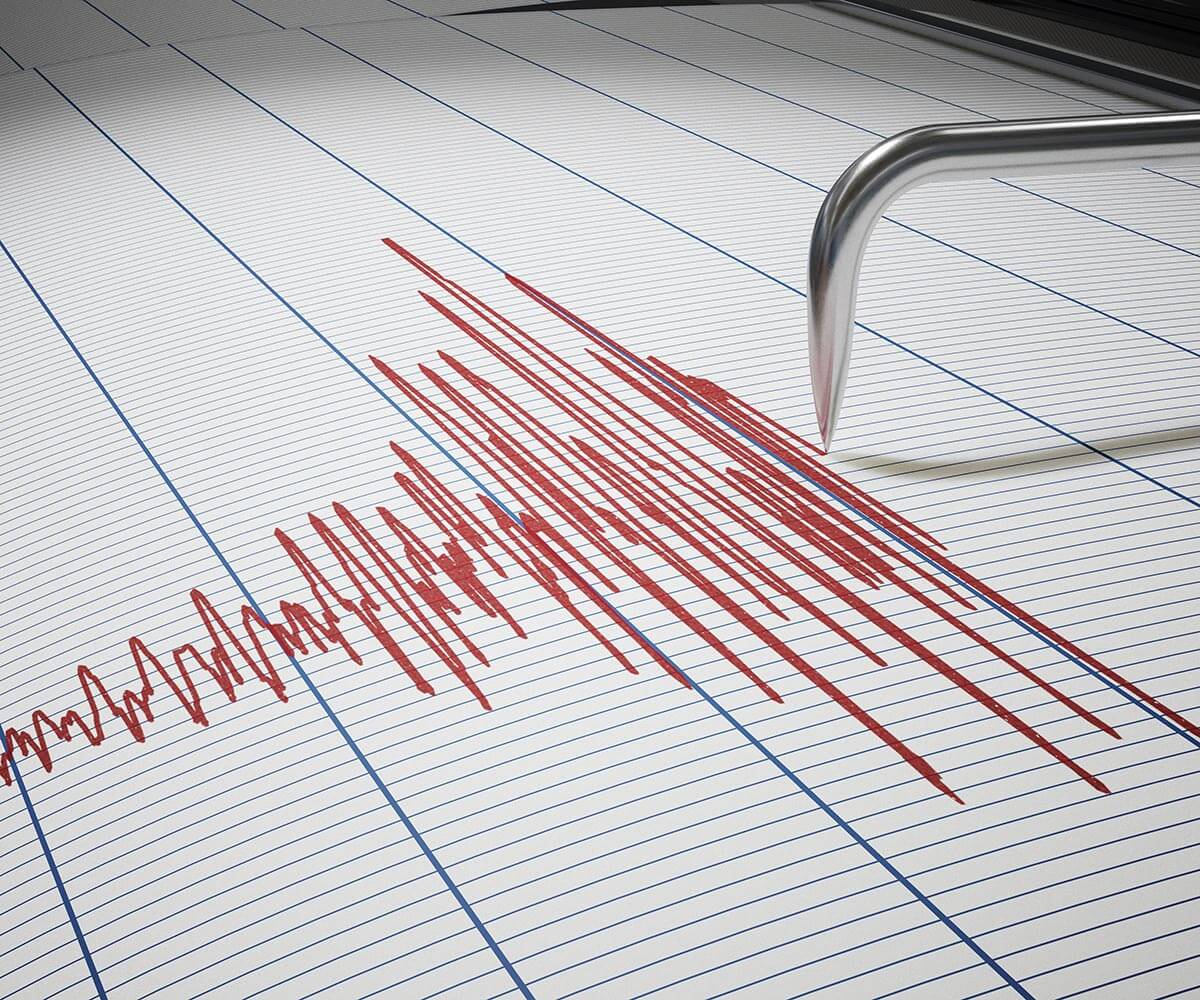Two big earthquakes recently hit, one in Taiwan (7.4) and one on the east coast centered in New Jersey (4.8). This provides the opportunity to think about earthquakes from a biblical perspective.
What does an earthquake mean? It means that human creatures are not in total control of planet earth. Earthquakes are neither caused by man nor preventable by man. Every once in a while, the almighty creator of the heavens and earth gives everybody a wake-up call that he alone is in charge. He alone is the creator and sustainer of planet earth. The earth is the Lord’s (Ps 24).
What does an earthquake mean? It means that the earth and even the mountains are not as stable as we like to think. A line from an oldie sung by the band Kansas, “Dust in the Wind” goes like this—I am showing my age here—“Nothing lasts forever but the earth and sky.” Actually, the earth and sky don’t last forever either. With terrifying language, the prophets of old announced the future coming day of the Lord when he will come in all his raw power and hot wrath against sinners and against his enemies. Then the entire cosmos will convulse and become undone:
“Therefore I shall make the heavens tremble,
and the earth will be shaken from its place
at the fury of the LORD of hosts
in the day of his burning anger.”
(Isaiah 13:13; cf. 24:18–23)
The Revelation to John picks up on the language of the prophets with its picture of the eschatological judgment day. Then there will be a great earthquake, the sun will turn black and the moon will become like blood, the stars will fall, every mountain and island will move, and all people from the greatest to the least will hide in terror “from the presence of Him who sits on the throne, and from the wrath of the Lamb; for the great day of their wrath has come, and who is able to stand?” (Rv 6:12–17). An earthquake anticipates the eschatological day of the Lord. When mountains quake and the earth is upheaved by God’s presence, then we should ask the question of Nahum 1:6: “Who can stand before his indignation? Who can endure the heat of his anger?”
What does an earthquake mean? It means that we should repent of our own preoccupation with self-autonomy and self-determination and our hubris in thinking that we control planet earth, turn away from ourselves to the Lord God almighty, the maker of the heavens and earth who gave his only begotten Son into death for us and raised him up victoriously for us. Jesus of Nazareth, crucified and risen and exalted, will come again in glory, and he alone “delivers us from the wrath to come” (1 Thes 1:10). Because of him and his work nothing can separate us from the love of God, which is in Christ Jesus, our Lord (Rom 8:31–39). The almighty creator of the heavens and earth is all for you in Christ Jesus. Look away from yourselves and look to the Lord and to his enduring words. As Jesus said, “Heaven and earth will pass away, but my words will not pass away” (Mt 24:35; Mk 13:31; Lk 21:33).
What does an earthquake mean? It gives us the opportunity to sing together with renewed confidence the words of Psalm 46, which was one of the inspirations for Martin Luther’s classic, Ein feste Burg. The Lord is for us and with us in his Zion:
“God is our refuge and strength,
a very present help in trouble.
Therefore we will not fear,
though the earth should change,
and though the mountains slip into the heart of the sea;
though its waters roar and foam,
though the mountains quake at its swelling pride . . . .
The LORD of hosts is with us; the God of Jacob is our stronghold.”
(Ps 46:1–3, 7, 11)



Leave a Reply
You must be logged in to post a comment.